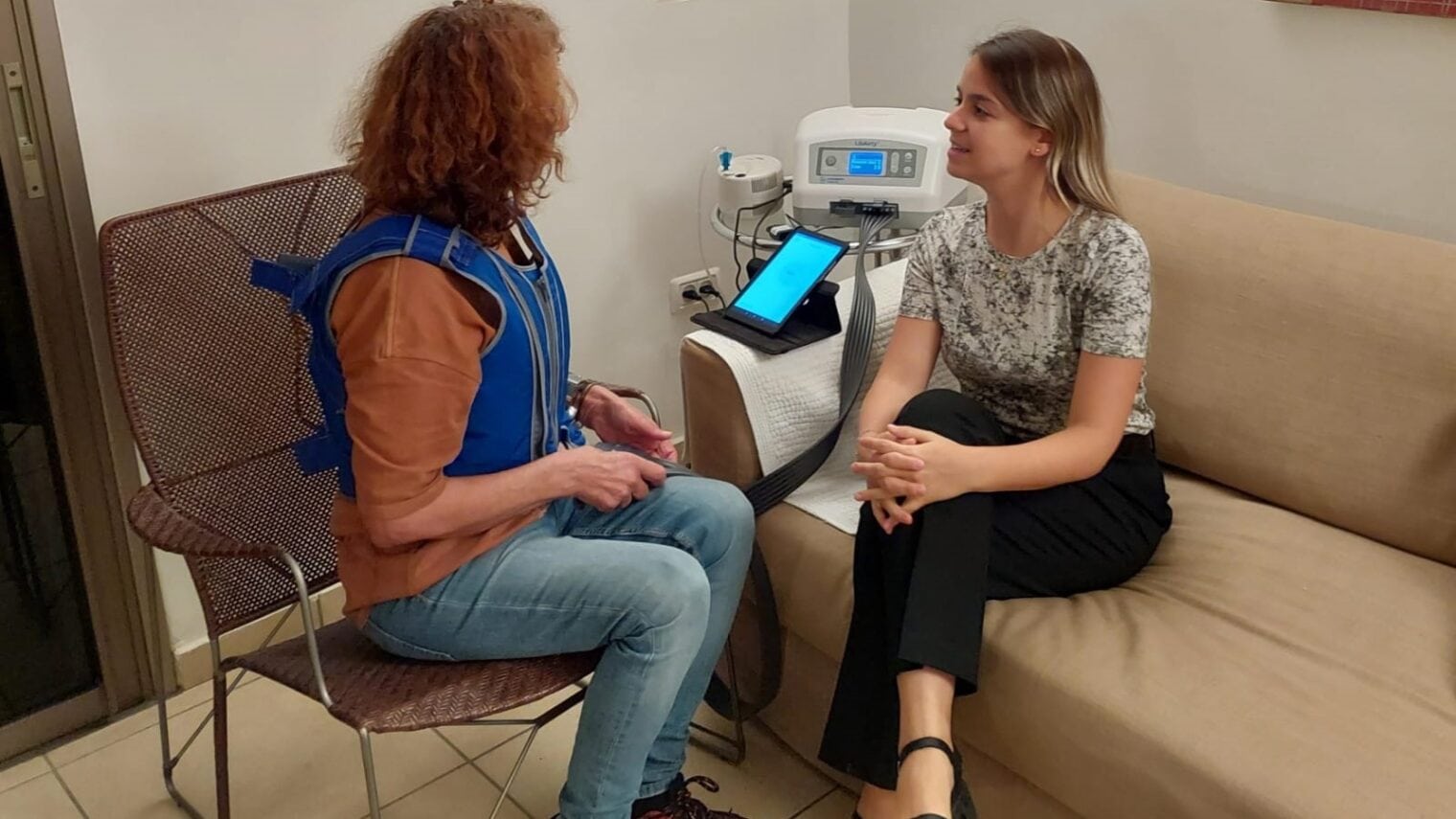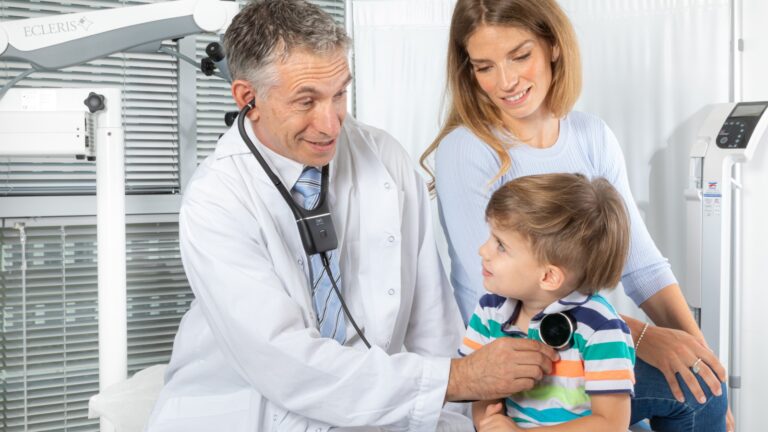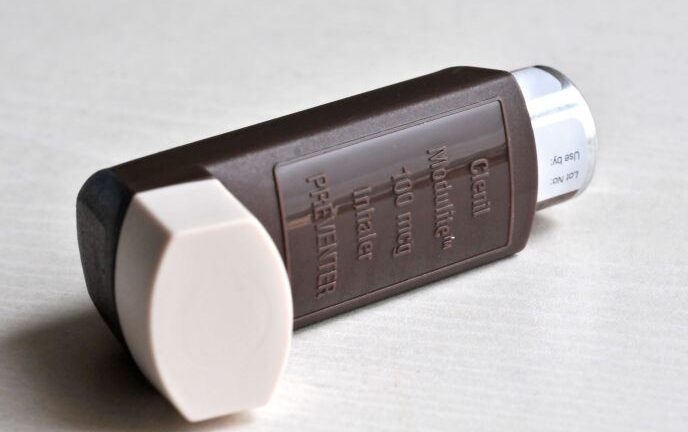Israel is at war, and 28-year-old Tal Tzfoni of Tel Aviv is fighting in it on two fronts.
In civilian life, Tzfoni is the lead R&D engineer at Synchrony Medical, which has developed the LibAirty Airway Clearance System for daily treatment of patients with chronic lung disease.
In her military life, Tzfoni is an Air Force veteran. After the war started on October 7, she agreed to work 12-hour shifts several days a week as chief sergeant of a control unit that coordinates helicopter evacuations of wounded soldiers.
Synchrony Medical was established three years ago by pulmonologists and respiratory therapists at Sheba Medical Center in partnership with the Israel Innovation Authority’s MEDX Xelerator.
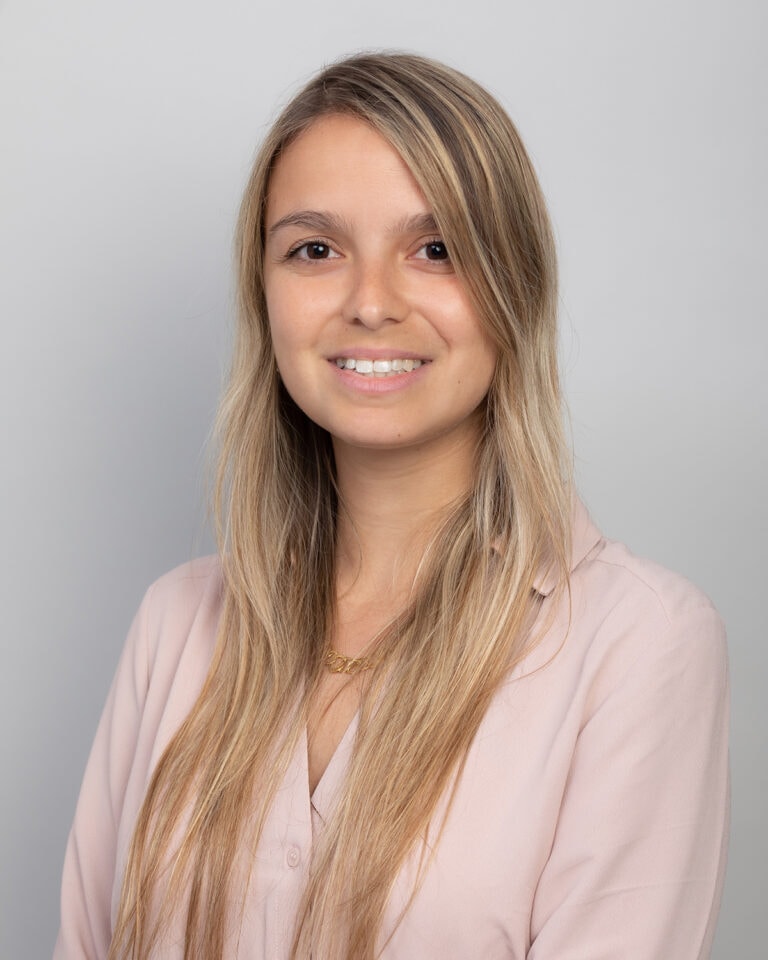
“It’s a small team so everybody’s doing everything. I’m juggling engineering work and clinical work and meeting patients as we develop the device,” she says.
“We had two clinical trials, one in Israel and other in the US, and both ended successfully. Before the war, we were planning to start a home-use clinical trial.
“We had several patients coming to the clinic at Sheba to get the treatment. When the war started, obviously they stopped coming. Some of them asked if we could help them use it at home in this really difficult time,” she explains.
“Since the home trial had already been planned and approved, we decided to accelerate the timeline and provide a few devices for use by patients at home. The respiratory therapist and I have been visiting those patients at home once a week or once every two weeks to see how they are dealing with the device.”
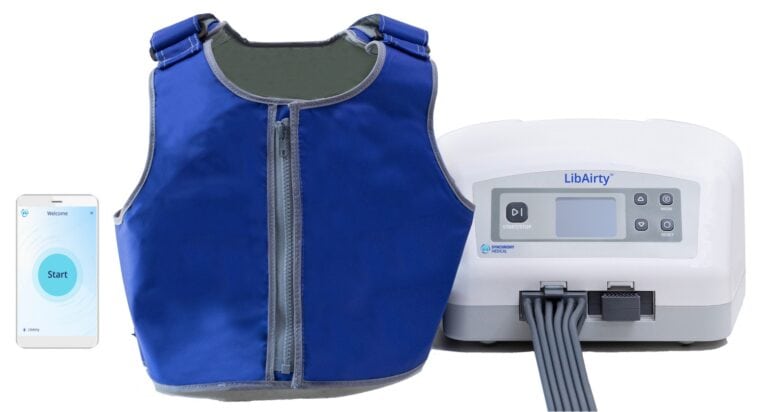
And at the same time, the air force asked if she could help in the control room, a unique setup where people from different units and even different forces can jointly lead missions remotely.
“I was wondering what to do because the army needs me, but the patients also need me. I decided to do both,” she explains.
It’s another significant ball she’s juggling in her workweek, and she admits she doesn’t always get much sleep.
The golden hour
Tzfoni tells ISRAEL21c there is a surprising connection between her civilian and military tasks.
“The principle guiding us is ‘the golden hour,’ a known term in the air force and in the medical world,” she says.
In the air force, this refers to the goal of getting a wounded soldier from battlefield to hospital within an hour.
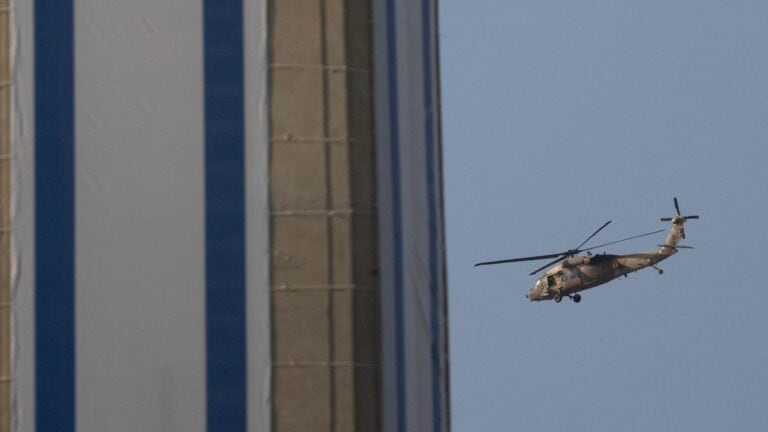
“I’m really proud that because the control unit and the pilots and ground crews are making maximum efforts, we are sometimes rescuing soldiers in 20 or 30 minutes, and this is definitely saving their lives.”
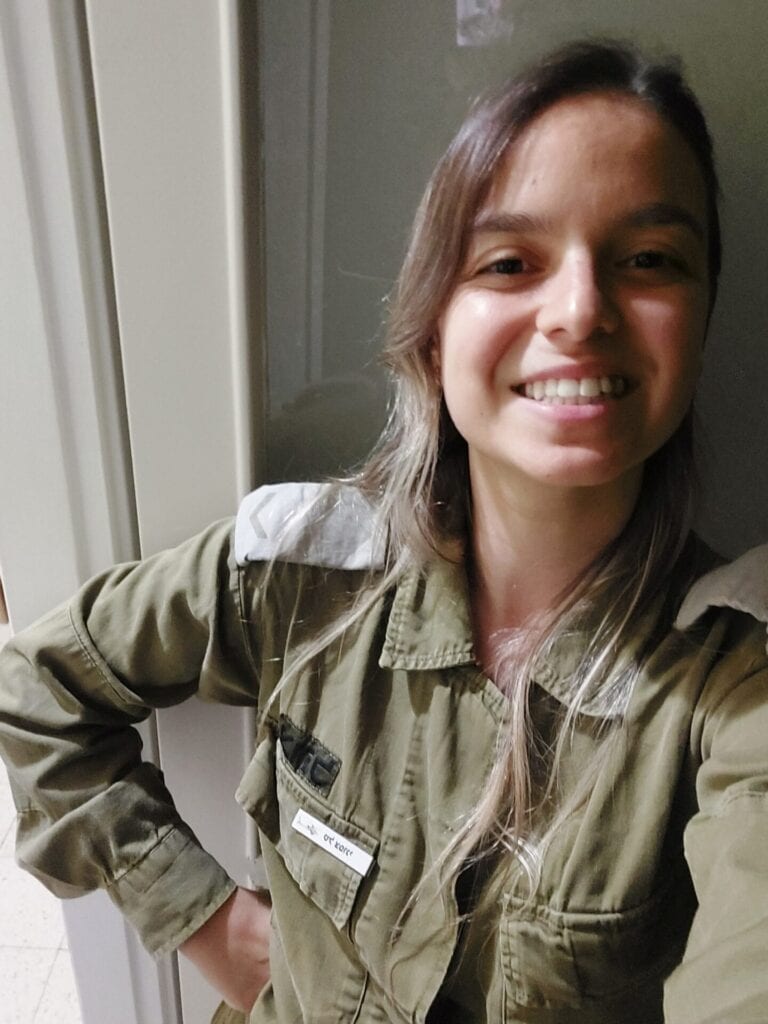
In the medical field, she says, the golden hour refers to the optimal window time in which a trauma patient should be treated to maximize the chances of a good outcome.
“Part of the reason I chose to be an engineer in the medical world is because of my wish to always be in a job where I am putting my time and effort into making someone better, whether it’s helping chronic lung patients to breathe or helping to rescue wounded soldiers,” Tzfoni says.
“In the control room, I am in constant contact with the doctors to get updates on the rescued soldiers’ condition and I track their progress in the hospital.
“So, my two worlds are connected. My jobs are different but my feelings are the same no matter where I’m sitting.”
For more information about Synchrony Medical, which is preparing an FDA submission for the LibAirty device, click here.




